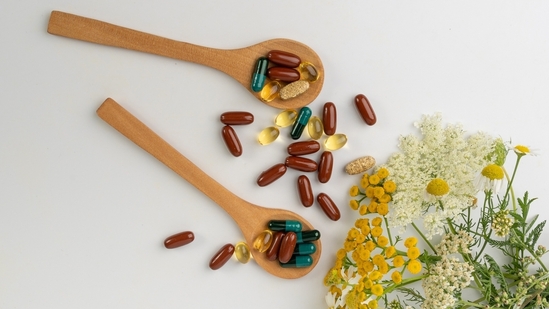
Going Natural: Examining the Risks Behind the Trend and Consumer Perceptions
3 months ago | 5 Views
Individuals possess an inherent tendency to gravitate towards 'natural' products, perceiving them as more reliable and effective. A study featured in Social Psychological and Personality Science explored this widespread inclination, revealing how this 'natural bias' influences everyday choices and decision-making processes. The term 'natural' holds significant persuasive power across various domains, including food, medicine, and common household items, often prompting individuals to select these alternatives despite a lack of clear evidence supporting their superior benefits.
Preference for 'natural' options
The research investigated individuals' behaviors when faced with choices between natural and synthetic alternatives. This bias was evident in both low-risk and high-risk scenarios. Participants were tasked with selecting performance-enhancing beverages based on their labels, with a predominant number opting for the natural variety. A similar trend was observed with food choices; when presented with natural and synthetic chocolate options, even when the natural chocolate warned of potential stomach upset, participants still favored it and reported a preference for its taste.
While these decisions may be categorized as low-risk, the inclination towards natural options persisted even in more critical situations, such as medication selection. In one experimental phase, participants were required to choose between a 'natural' and a 'synthetic' drug for a finger prick test, with a significant majority opting for the natural choice, despite it presenting a slight risk.
Why ‘natural’ overrides everything?

The research underscored the significant influence of the term 'natural.' Regardless of the actual characteristics of a product, consumers are inclined to select items labeled as natural without hesitation. This tendency applies to a variety of products, including beverages, pharmaceuticals, and confections. The findings indicated that individuals often associate 'natural' with safety, quality, and efficacy. Such a strong preference can overshadow rational thinking, prompting individuals to make impulsive choices that disregard the true effectiveness of the product. This phenomenon is particularly concerning in high-stakes situations, such as the use of medications. The deep-seated trust in all things 'natural' creates a narrow focus that neglects critical evaluations of genuine efficacy and reason. Even when a product fails to meet expectations, individuals may rationalize its superiority solely based on its 'natural' label.
Read Also: Menopause belly: What is it and how to deal with it





















